
Por Marilú Acosta
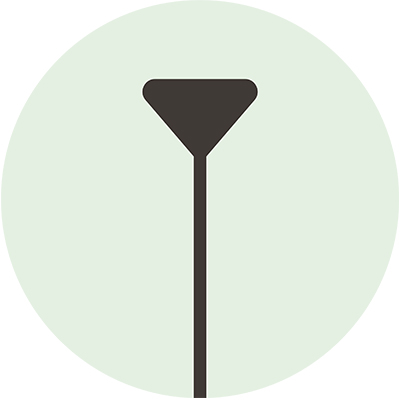
En una cena, muchos años después de salir de la prepa, mis amigos empiezan a platicar “del terapeuta”. ¿Cuál terapeuta? Pregunto yo. El de la escuela, me responden con extrañeza, ¿no sabías que había terapeuta? No caray, nunca supe. ¿Y era para nosotros? Sí, ibas, pedías cita y platicaba contigo. ¿Y todos sabían que existía? Sí, me contestaron como coro de grillos. Y me quedé callada, pensando en ese señor que sí vi caminar por los pasillos, cruzar los patios, que me topé en las puertas, que era a la vez un cotidiano en mi vida escolar y un completo desconocido.
Ironías de la vida, mi colegiatura incluía un psicólogo y nunca lo supe. Ahí me di cuenta que para recibir terapia no es suficiente necesitarla, querer tomarla, estar incluida en el combo escolar, que los profesores sepan que la necesitas, que platiques con tus amigos sobre salud mental, tú salud mental, sino que si no te toca, ni aunque te pongas. Ya en la universidad fue otra historia, supe a tiempo que el departamento de psicología ofrecía sesiones gratis a los estudiantes. Fui. Las sesiones eran las prácticas de quienes estaban terminando la carrera. Muy lindas personas, muy amables y todo, nada más que yo necesitaba algo así como un Diablo, porque más sabe el Diablo por viejo, que por Diablo. Nunca hubo una segunda sesión. Después de unos años encontré una psicoterapeuta freudiana-jungiana que me vino como anillo al dedo.
En esta primera temporada nunca se me quitó la sensación de fracaso por necesitar pagarle a alguien para que me escuchara. Me dolía pensar que no tenía personas a mi alcance para que lo hicieran. Aunque en realidad escribía, lo que hablaba no tenía nada que ver conmigo y lo mío, lo mío, lo escribía. Un día le dije: hay que ponerle pausa. Ella me contestó: qué curioso, yo te iba a proponer que vinieras dos veces por semana.
La segunda temporada inició cuando en el hospital, durante mis guardias, regresaron los ataques de pánico. Agotada, me hundí en su sillón de piel gris, estaba post-guardia y necesitaba una solución para aplicar dentro de 36 horas que volvería a estar de guardia. Su formación hizo que me preguntara sobre mi infancia. Seguramente se resolvería de fondo el problema si analizábamos mis primeros años en la tierra, sin embargo no lo íbamos a lograr en 45 minutos. Me cambié de terapeuta, a una “alternativa”. ¿Dónde sientes el ataque de pánico? En el cuello, siento que me ahogo. Bueno, pues muévelo a la rodilla. ¿Así namás? Así nada más, si necesitas, muévelo al tobillo o a un dedo o al muslo. Ya iremos encontrando el mensaje que te quiere transmitir, mientras necesitas ser funcional. Entonces mis ataques de pánico hicieron maletas y empezaron a viajar por todo mi cuerpo. Contra todo pronóstico, terminé mi internado sin pánico.
Mi tercera temporada fue cuando, en el trabajo, regresaron los ataques de pánico. Aquí le aderecé a mi salud mental distintas técnicas: cráneo sacral, constelaciones familiares, la psicoterapeuta freudiana-jungiana, y la “alternativa” porque cada una veía una parte distinta de mi persona y todas mis partes necesitaban calibrarse. Para la cuarta temporada, después de comprobar el fracaso de la medicina y la “ciencia médica” para mantener a la población mundial sana y lograr un cambio de comportamiento sostenido y profundo, en el menor tiempo posible, empecé a buscar otros métodos.
Además de investigaciones en neurología, psiquiatría, psicología, física y mecánica cuántica me inscribí a cursos, tomé sesiones y leí al respecto del Eneagrama, meditación Dzogchen, ESP, Básico del corazón, CIMA, Comunicación Interespecies, Thetahealing (ADN básico, avanzado, 3, anatomía (intuitiva), Tanatología, un curso de Milagros, Flores de Bach, Homeopatía, IRECA, Reiki, Reiki Angélico, Chamanismo, Ritos MunayKi de los Q’ero, Medicina China, Medicina Ayurveda, Ressonance Repattering, Health Optimizing, Access, Biodescodificación, Jin Shin Jyutsu, Yoga Hormonal Terapéutica, Kundalini Yoga, Numerología, Astrología, y respiración Win Hof; sin faltar las lecturas de café, de Tarot y de péndulo, salpicadas de diferentes regímenes alimenticios.
Todos los métodos tienen cosas en común, también tienen enfoques distintos y todos sirven. Otros métodos más cotidianos y coloquiales son las sobremesas, viajes, pláticas fugaces, chats, lecturas, películas (no, no sólo las espectaculares producciones de Hollywood, sino de otros países, en otros idiomas, de otras culturas), momentos de insomnio reflexivo, caminatas (en la naturaleza o en medio del caos de la ciudad), amor, dolor y tristeza. Ya no tengo la sensación de fracaso por necesitar pagarle a alguien para que me escuche. Ahora entiendo que la vida misma es una terapia ocupacional y que los terapeutas son profesionales que, como chefs, realizan una actividad que todos podemos hacer, sin embargo no todos podemos cocinar como un profesional.
Cada situación puede requerir un método distinto, opciones hay muchas; charlatanes, en todos lados; efecto placebo hasta en la respiración lo encuentras. El mayor engaño es el que te haces a ti misma, convenciéndote que sí sirve, que estás bien o que no necesitas terapia. La terapia es un camino, si no avanzas, muchas veces el cuerpo avanza por ti y no necesariamente de la manera más suave.
¿Cuál es la mejor terapia? La que tomas.
¿Cuál es la mejor sesión? De la cual sales en paz contigo misma.
Las opiniones expresadas son responsabilidad de sus autoras y son absolutamente independientes a la postura y línea editorial de Opinión 51.
Más de 150 opiniones a través de 100 columnistas te esperan por menos de un libro al mes.


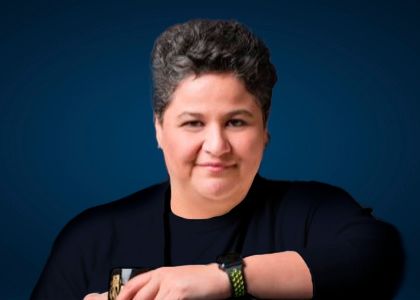
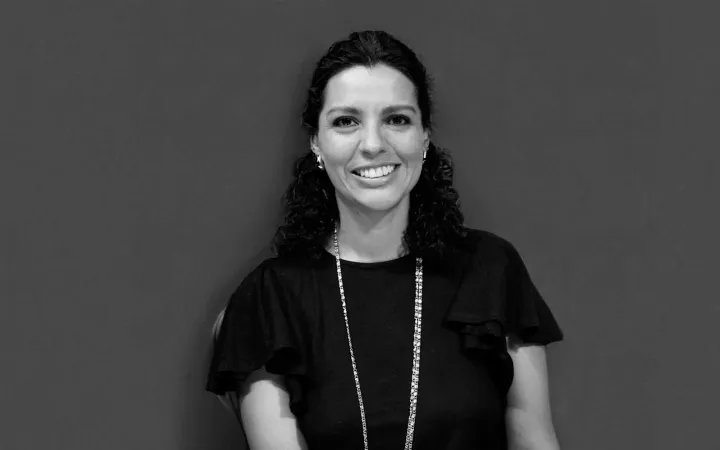
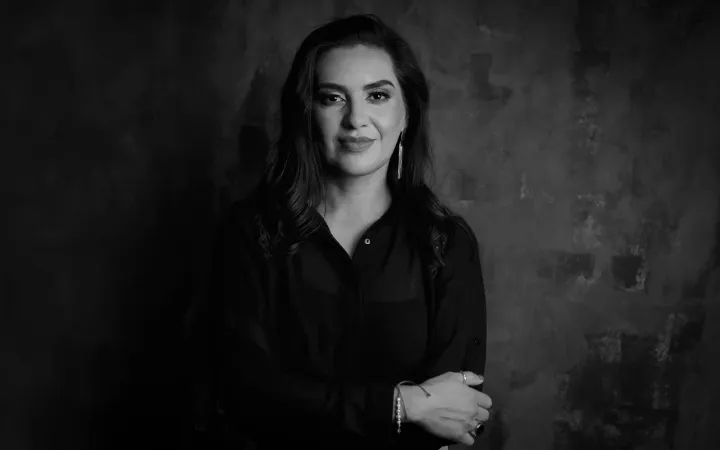
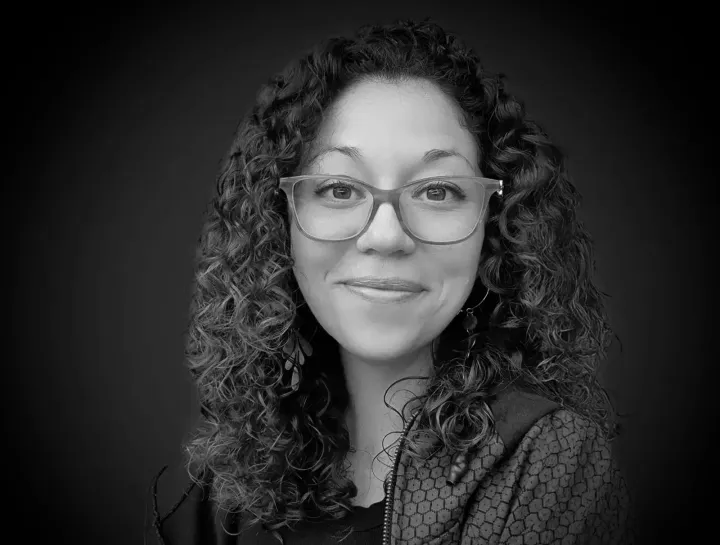
Comments ()